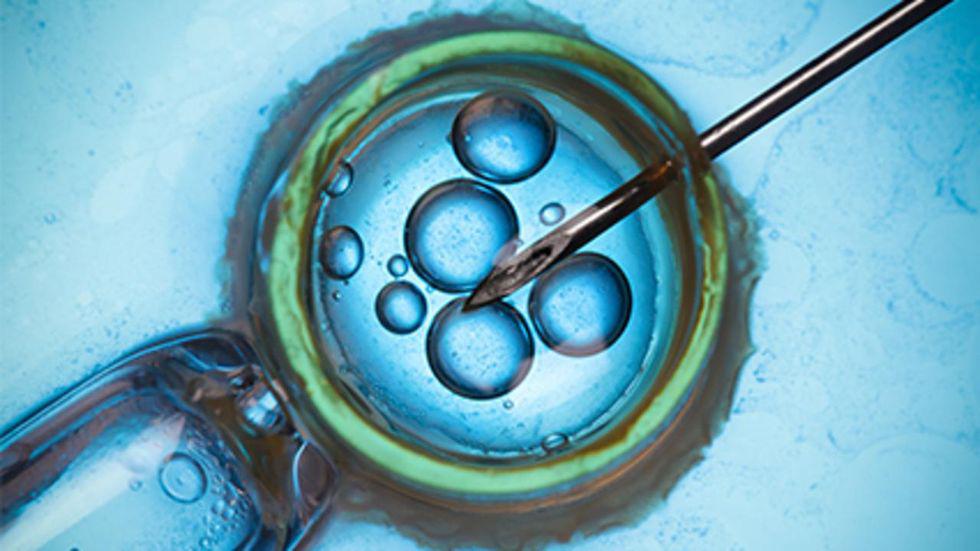
Women treated for infertility were twice as likely as those who conceived naturally to be hospitalized with heart disease within a year of delivery, recent research shows.
They are particularly likely to land in the hospital with dangerously high blood pressure, with risks more than double that of moms who didn’t receive fertility therapy, researchers found.
These results support recommendations that women have a first postpartum checkup three weeks after delivery, researchers said. Some health systems have yet to adopt those standards.
“Postpartum checkups are necessary for all patients, but this study indicates they are particularly important for patients who undergo infertility treatment to achieve a conception,” said lead researcher Dr. Rei Yamada, an obstetrics and gynecology resident at Rutgers Robert Wood Johnson Medical School, in New Jersey.
Most of the higher risk came in the first month after delivery, particularly for women who developed dangerously high blood pressure, researchers said.
“And these results aren’t the only ones to indicate that follow-up should occur early,” said senior researcher Cande Ananth, chief of epidemiology and biostatistics in the Rutgers Robert Wood Johnson Medical School’s Department of Obstetrics, Gynecology and Reproductive Sciences.
“We have been involved in a series of studies over the past few years that have found serious risks of heart disease and stroke to various high-risk patient populations within those initial 30 days after delivery — risks that could be mitigated with earlier follow-up care,” Ananth noted in a Rutgers news release.
For the study, researchers delved into a national database on hospitalizations and readmissions.
They focused on more than 31 million women discharged following delivery from 2010 to 2018, including nearly 288,000 patients who had undergone infertility treatment.
Although fertility treatment was linked to a sharply elevated risk of heart disease, the researchers emphasized that the relative youth of these women kept their overall risk fairly low.
Only 550 out of every 100,000 who received fertility treatment were hospitalized with heart disease within a year of delivery, compared with 355 out of every 100,000 who conceived naturally, results show.
The study was published recently in the Journal of Internal Medicine.
The increase in heart disease risk might stem from some effect of fertility treatments, or it might reflect the underlying medical issues that made patients infertile in the first place, researchers said.
“Looking forward, I’d like to see if different types of infertility treatment and, importantly, medications are associated with different risk levels,” said Yamada. “Our data gave no information about which patients had undergone which treatment. More detailed information might also provide insight into how infertility treatment impacts cardiovascular outcomes.”
More information
The U.S. Centers for Disease Control and Prevention has more on infertility.
SOURCE: Rutgers University, news release, May 15, 2024
Source: HealthDay
Copyright © 2026 HealthDay. All rights reserved.

Leave a Reply